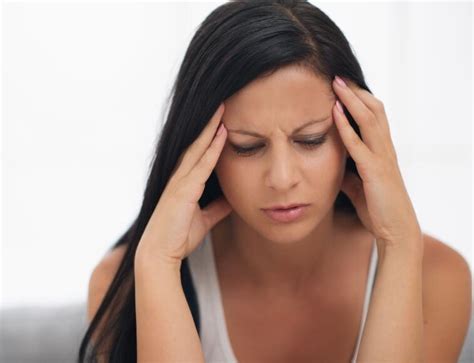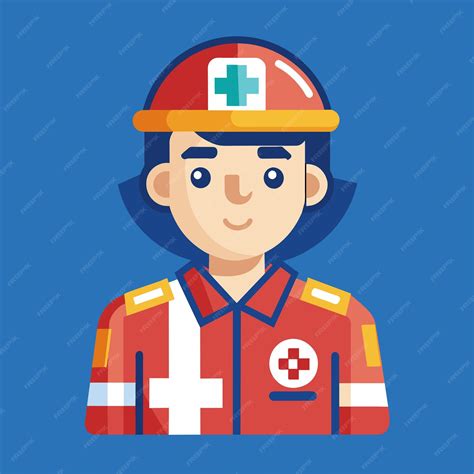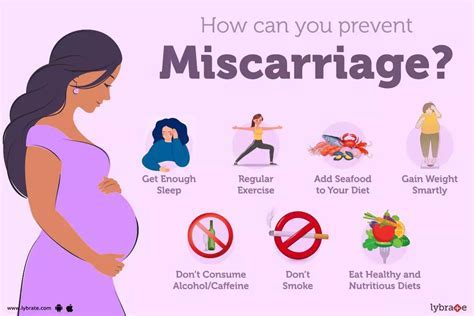Intro
Lightheadedness is a common sensation that many people experience at some point in their lives. It is characterized by a feeling of dizziness or faintness, which can be accompanied by a range of other symptoms. When someone feels lightheaded, they may feel like they are floating or spinning, and they may have trouble maintaining their balance. This sensation can be mild or severe, and it can be triggered by a variety of factors, including changes in posture, dehydration, or underlying medical conditions.
The sensation of lightheadedness can be difficult to describe, but it is often compared to a spinning or floating feeling. Imagine standing up too quickly and feeling like the room is spinning around you - this is similar to what it feels like to be lightheaded. Some people may also experience a feeling of nausea or disorientation, which can make it difficult to focus or concentrate. In severe cases, lightheadedness can lead to fainting or loss of consciousness, which can be a serious medical emergency.
Lightheadedness can be caused by a range of factors, including dehydration, low blood sugar, and changes in posture. When the body is not getting enough fluids or nutrients, it can cause a drop in blood pressure, which can lead to lightheadedness. Similarly, standing up too quickly or changing positions suddenly can cause a temporary drop in blood pressure, leading to dizziness and disorientation. In some cases, lightheadedness can be a symptom of an underlying medical condition, such as anemia, hypothyroidism, or heart disease.
What Causes Lightheadedness

There are many potential causes of lightheadedness, and it is often a symptom of an underlying medical condition. Some common causes of lightheadedness include dehydration, low blood sugar, and changes in posture. Dehydration occurs when the body is not getting enough fluids, which can cause a drop in blood pressure and lead to dizziness and disorientation. Low blood sugar, or hypoglycemia, can also cause lightheadedness, as well as other symptoms such as shaking, sweating, and confusion. Changes in posture, such as standing up too quickly, can cause a temporary drop in blood pressure, leading to lightheadedness.
Other potential causes of lightheadedness include anemia, hypothyroidism, and heart disease. Anemia is a condition in which the body does not have enough red blood cells, which can cause a range of symptoms including fatigue, weakness, and lightheadedness. Hypothyroidism is a condition in which the thyroid gland does not produce enough hormones, which can cause symptoms such as fatigue, weight gain, and lightheadedness. Heart disease, including conditions such as high blood pressure and heart failure, can also cause lightheadedness, as well as other symptoms such as chest pain and shortness of breath.
Common Causes of Lightheadedness
Some common causes of lightheadedness include: * Dehydration * Low blood sugar * Changes in posture * Anemia * Hypothyroidism * Heart disease * Medications, such as blood pressure medications and antidepressants * Anxiety and stressHow to Treat Lightheadedness

Treatment for lightheadedness depends on the underlying cause of the condition. In some cases, lightheadedness can be treated with self-care measures, such as drinking plenty of fluids and eating regular meals. If lightheadedness is caused by an underlying medical condition, such as anemia or hypothyroidism, treatment will depend on the specific condition. For example, anemia may be treated with iron supplements, while hypothyroidism may be treated with thyroid hormone replacement medication.
In some cases, lightheadedness may require medical attention. If you experience severe lightheadedness, or if you experience lightheadedness that is accompanied by other symptoms such as chest pain or shortness of breath, you should seek medical attention immediately. Your doctor may recommend a range of tests, including blood tests and imaging studies, to determine the underlying cause of your lightheadedness.
Self-Care Measures for Lightheadedness
Some self-care measures that may help to alleviate lightheadedness include: * Drinking plenty of fluids to stay hydrated * Eating regular meals to maintain stable blood sugar levels * Avoiding standing up too quickly or changing positions suddenly * Taking regular breaks to rest and stretch * Practicing stress-reducing techniques, such as deep breathing or meditationWhen to Seek Medical Attention

If you experience lightheadedness, it is essential to seek medical attention if you experience any of the following symptoms:
- Severe lightheadedness that does not improve with self-care measures
- Lightheadedness that is accompanied by other symptoms, such as chest pain or shortness of breath
- Lightheadedness that occurs after a head injury or trauma
- Lightheadedness that is accompanied by confusion, disorientation, or loss of consciousness
- Lightheadedness that occurs in someone with a history of heart disease, high blood pressure, or other underlying medical conditions
Your doctor may recommend a range of tests, including blood tests and imaging studies, to determine the underlying cause of your lightheadedness. In some cases, lightheadedness may be a symptom of a serious medical condition, such as a heart attack or stroke, and prompt medical attention is essential to prevent serious complications.
Tests for Lightheadedness
Some tests that may be used to diagnose the underlying cause of lightheadedness include: * Blood tests to check for anemia, low blood sugar, or other conditions * Imaging studies, such as CT or MRI scans, to check for head injuries or other conditions * Electrocardiogram (ECG) to check for heart disease or other conditions * Tilt table test to check for orthostatic hypotensionPreventing Lightheadedness

Preventing lightheadedness is often a matter of taking self-care measures to maintain stable blood sugar levels and prevent dehydration. Drinking plenty of fluids, eating regular meals, and avoiding standing up too quickly or changing positions suddenly can all help to prevent lightheadedness. Additionally, practicing stress-reducing techniques, such as deep breathing or meditation, can help to reduce anxiety and stress, which can contribute to lightheadedness.
In some cases, preventing lightheadedness may require medical treatment. For example, if you have an underlying medical condition, such as anemia or hypothyroidism, your doctor may recommend treatment to manage the condition and prevent lightheadedness. By taking steps to prevent lightheadedness, you can reduce your risk of experiencing this uncomfortable and potentially serious condition.
Self-Care Tips for Preventing Lightheadedness
Some self-care tips that may help to prevent lightheadedness include: * Drinking plenty of fluids to stay hydrated * Eating regular meals to maintain stable blood sugar levels * Avoiding standing up too quickly or changing positions suddenly * Taking regular breaks to rest and stretch * Practicing stress-reducing techniques, such as deep breathing or meditationLiving with Lightheadedness

Living with lightheadedness can be challenging, but there are many things you can do to manage the condition and reduce its impact on your daily life. By taking self-care measures, such as drinking plenty of fluids and eating regular meals, you can help to prevent lightheadedness and reduce its severity. Additionally, practicing stress-reducing techniques, such as deep breathing or meditation, can help to reduce anxiety and stress, which can contribute to lightheadedness.
In some cases, living with lightheadedness may require medical treatment. If you have an underlying medical condition, such as anemia or hypothyroidism, your doctor may recommend treatment to manage the condition and prevent lightheadedness. By working with your doctor and taking steps to manage your condition, you can reduce your risk of experiencing lightheadedness and improve your overall quality of life.
Coping with Lightheadedness
Some tips for coping with lightheadedness include: * Taking self-care measures to prevent lightheadedness * Practicing stress-reducing techniques, such as deep breathing or meditation * Seeking medical attention if you experience severe lightheadedness or other symptoms * Working with your doctor to manage underlying medical conditions * Connecting with others, such as friends and family, for support and encouragementWhat is lightheadedness?
+Lightheadedness is a common sensation that is characterized by a feeling of dizziness or faintness. It can be caused by a range of factors, including dehydration, low blood sugar, and changes in posture.
What are the symptoms of lightheadedness?
+The symptoms of lightheadedness can include dizziness, faintness, nausea, and disorientation. In severe cases, lightheadedness can lead to fainting or loss of consciousness.
How is lightheadedness treated?
+Treatment for lightheadedness depends on the underlying cause of the condition. In some cases, self-care measures such as drinking plenty of fluids and eating regular meals may be sufficient. In other cases, medical treatment may be necessary to manage underlying medical conditions.
Can lightheadedness be prevented?
+Yes, lightheadedness can often be prevented by taking self-care measures such as drinking plenty of fluids, eating regular meals, and avoiding standing up too quickly or changing positions suddenly.
What should I do if I experience lightheadedness?
+If you experience lightheadedness, you should sit or lie down and rest until the feeling passes. If the feeling is severe or persistent, you should seek medical attention.
We hope this article has provided you with a comprehensive understanding of lightheadedness, its causes, symptoms, and treatment options. If you have experienced lightheadedness, we encourage you to share your story and any tips you may have for managing the condition. Additionally, if you have any questions or concerns, please don't hesitate to reach out to us. By working together, we can help to raise awareness and promote education about lightheadedness, and improve the lives of those affected by this condition.
